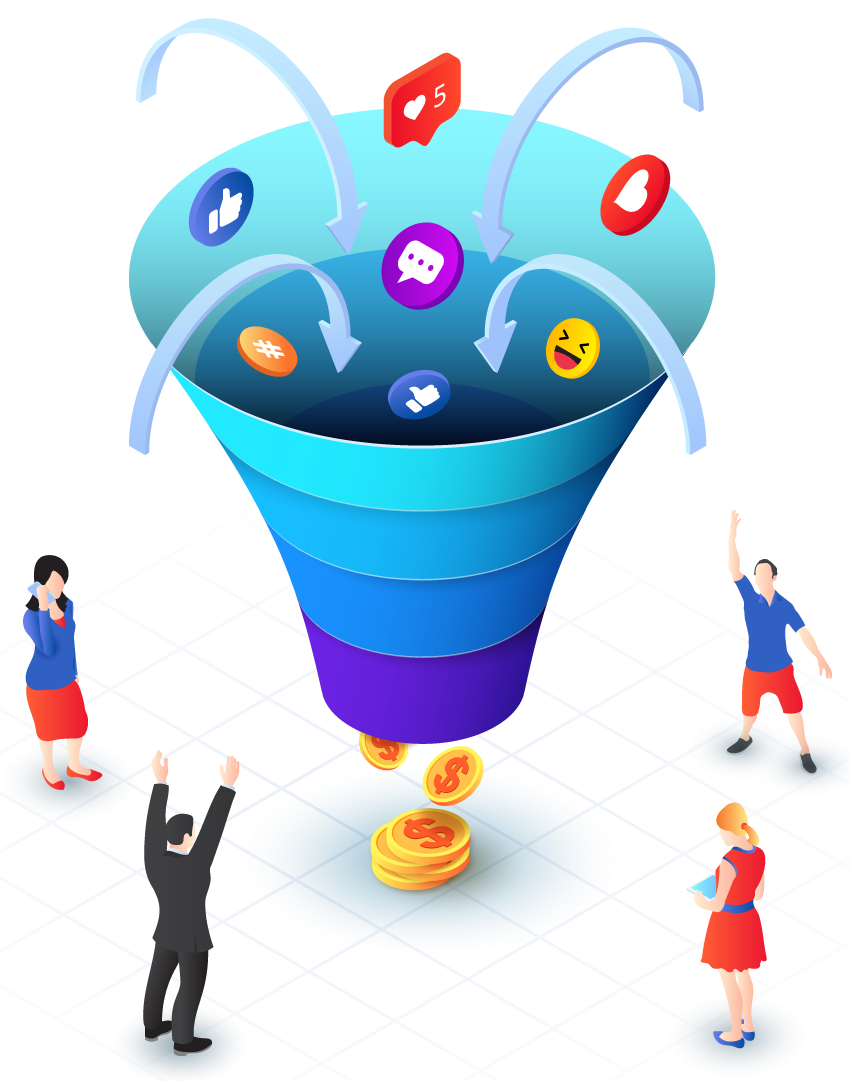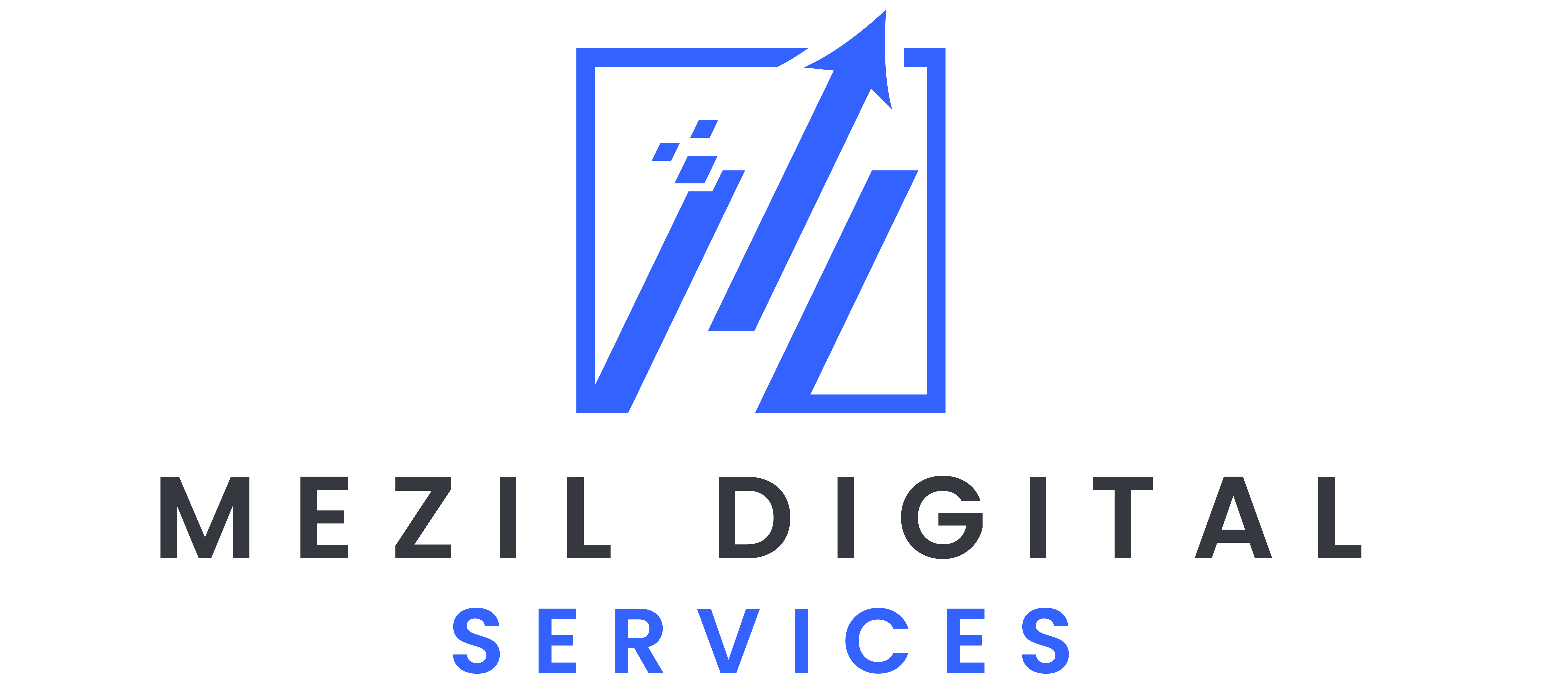The Future of Sales - Navigating the Digital Sales Funnel Landscape
The future of sales is about more than just changing how companies sell, it’s also about transforming the way customers buy. Those that do this right will set themselves apart from the competition and deliver on customer expectations.
Today, buyers prefer digital engagement with sales representatives at all stages of the buying process. This means that a robust sales toolkit must support buyers as they move through the funnel. It will be important for the function to define what those tools are and how they will be used, ensuring that they support and automate the right activities for each stage of the journey.
Sales leaders will need to be bold enough to test and probe new strategies and tactics. They will have to be able to see through the noise of the market and make a strategic connection that is relevant to their target customers. This approach will need to span all aspects of the business, from commercial and supply chain functions through to brand strategy and R&D innovation.
Having the right talent is key. There will be a greater need to develop and nurture a new generation of sellers. This will require rethinking how to attract and retain the best people, as well as how to enable them to perform at their very best. This will mean enabling them with the best tools, training and incentives. It will also mean creating a space for risk-taking and experimentation – a bolder approach that could be applied to product development, route to market and organizational models.
Hybrid selling will continue to be a core element of the sales strategy, but with a greater focus on building relationships and moving away from a transactional mindset. Sales teams will need to understand that their role is to help buyers feel confident in their decisions. They will need to build and share a narrative of value, as well as use immersive marketing techniques.
The growth of digital channels will also mean that the sales function must have a strong capability in data management and analytics. In addition, sales leaders will need to be comfortable with using predictive analysis to drive performance metrics and ensure their teams are always delivering on what the customer is looking for.
Finally, the shift toward remote working will impact both sales and the roles required to support it. Changing attitudes towards telecommuting and the emergence of technology that makes it easier to connect to team members will lead to a shift toward more distributed sales forces. Smaller organizations may look to hire adaptable people to fulfil multiple roles, and will need to have the tools in place to make that work.
This will require a deeper understanding of the skills that are needed to be effective in each of those roles and a clear definition of where the lines between hybrid, inside, and digital sales should be drawn.

Learn how To build sales funnels
Subscribe To My Email List And Get Updates On Building Effective Sales Funnels That Generate Leads & Sales In Your Business.
My Recent Posts
All-in-One Sales Automation Platform
Check out my recent post on all-in-one sales and marketing tools and what I think of it.
Sales Funnels
Check out my recent post on sales funnels and what I think about them. Are they still worth it?

The Same "about me" text you wrote on your about me page; you want to write it here or write an excerpt of it here. Just make sure it makes sense, and looks complete if you're going to write an excerpt. So delete this text and add yours on every article page.
Titus Ojo
©Copyright 2023 Mezil Digital Services
Regina, SK S4P 2P3
Canada
